A Florida judge on Monday declared a mistrial for Jamaican reggae star Buju Banton, who was accused of conspiring to buy cocaine from an undercover police officer last year.
U.S. District Judge James Moody made the decision after the 12-person jury sent him a second note saying they couldn't reach a verdict.
In an earlier note, jurors said they were having trouble reaching an agreement shortly after returning from a weekend recess. Moody then sent them back to keep trying. Deliberations had begun Thursday after a four-day trial.
The jurors declined to tell reporters about their deliberations.
Banton's attorney has asked Moody to release Banton on bond. He has been held without bond since his Dec. 10 arrest.
The attorneys and Moody discussed scheduling a new trial in December.
Banton, a four-time Grammy nominee, had been charged with conspiracy to possess and distribute cocaine and aiding two others in possessing a firearm during the course of cocaine distribution. He faced up to life in prison.
Banton's attorney, David Markus, had argued that the singer was entrapped by a U.S. government informant.
In Kingston, the Jamaican capital, some people were dissecting every detail of the case, a few even comparing Banton to reggae legend Bob Marley.
“I've been following it close because Buju is big in Jamaica, like a Bob Marley. Way I see it, they need to free the man ‘cause they don't have any concrete evidence against him,” Charles Barrett, a resident of the capital, said Sunday.
For others the case is more of a curiosity, a media-fed sensation that distracts from weightier news.
His most ardent fans are talking of conspiracy theories, that he was framed by the U.S. government or gay activists who have protested violent, homophobic lyrics from early in Banton's career as a brash dancehall singer.
“We all know it was a government set up. Just because of your beliefs they want to imprison you,” wrote a person identified as R. Johnson on a Web page titled “Free Buju Banton.”
The husky-voiced Rastafarian singer has long been a star in his homeland with the brash reggae-rap hybrid of dancehall music and, more recently, a traditional reggae sound.
“He's a major, major figure here, so his trial has dominated the media and people's conversations,” Jamaican musicologist and disc jockey Bunny Goodison said. “He's been extremely important through the years because he's represented Rastafari and black consciousness in a very focused way.”
On Sept. 24, a false story that Banton had been found innocent was broadcast on an island radio station. Tumultuous applause broke out at an elite prep school when the rumor was announced as fact on the public address system. People across Kingston spread the false bulletin on Facebook and Twitter.
“The best illustration of Buju's importance is the broad sympathy for him and the desire for his release,” said Carolyn Cooper, a professor of literary and cultural studies at the Mona campus of the University of the West Indies.
Others are far less sympathetic to the 37-year-old entertainer, whose real name is Mark Myrie.
“No matter how the trial turns out, Mr. Myrie has already let down himself and his fans,” the Jamaica Observer said in an editorial Sunday.
Banton's arrest derailed plans to tour of Japan after a tumultuous U.S. tour for his Grammy-nominated 2009 album Rasta Got Soul. Shows in several U.S. cities were canceled because of protests over his early homophobic lyrics and unapologetic anti-gay stance through the years.
Before being led away in leg shackles after a mistrial was declared, Banton reached out his arms to about two dozen family, friends and fans seated in the federal courtroom in Tampa.
“Thank you all. Love you, too," he said.

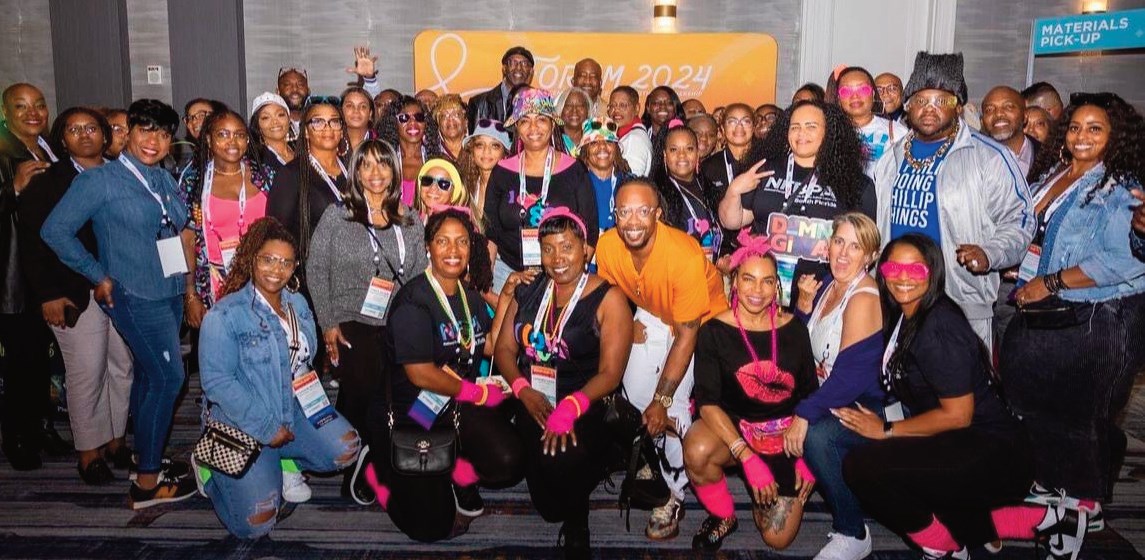
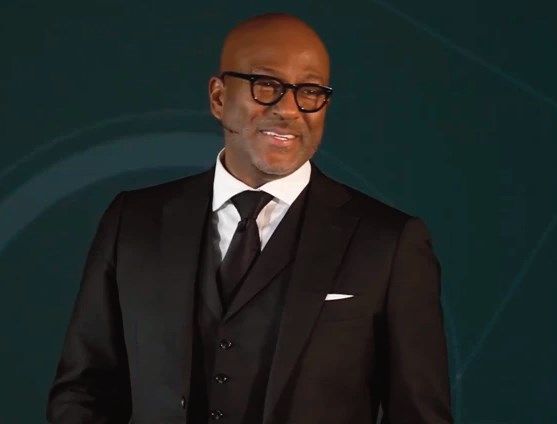
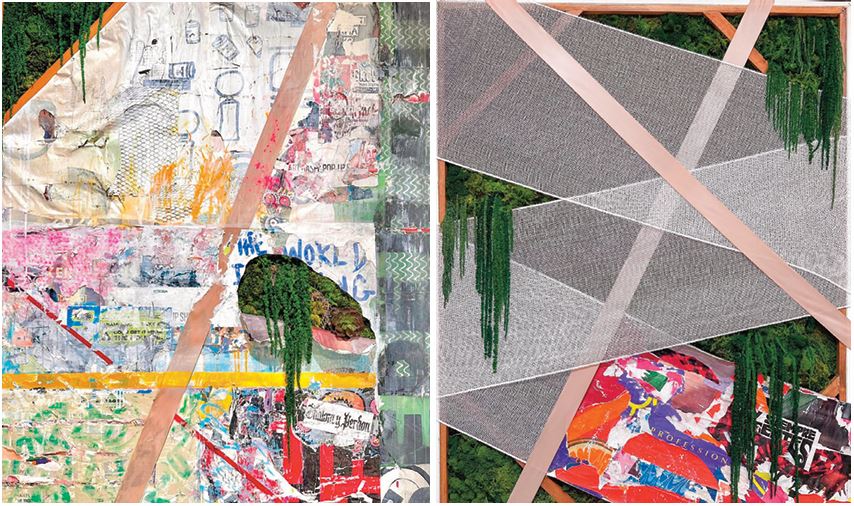

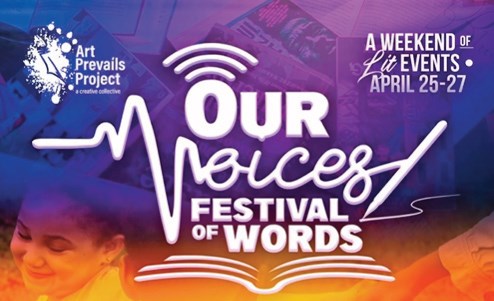
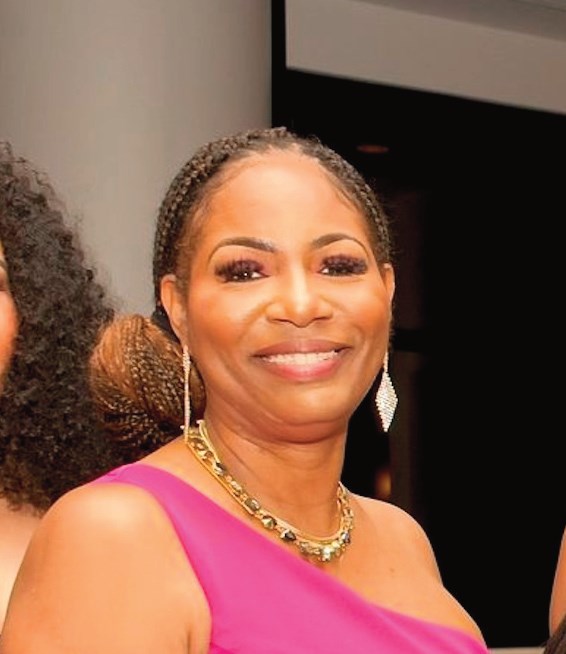
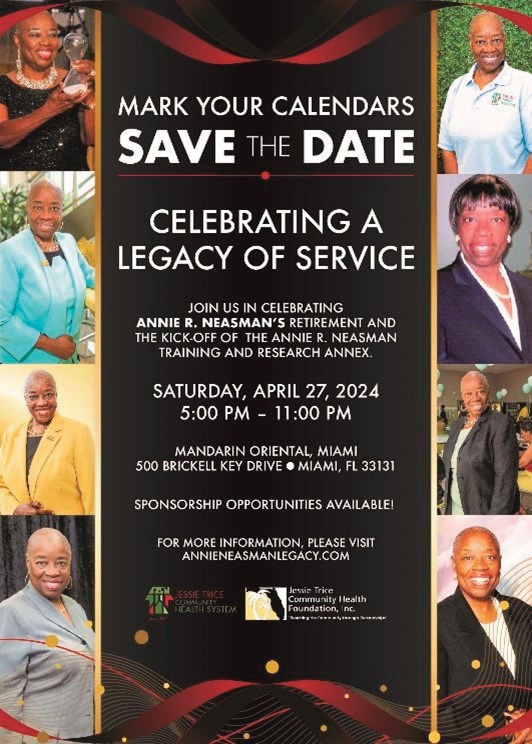
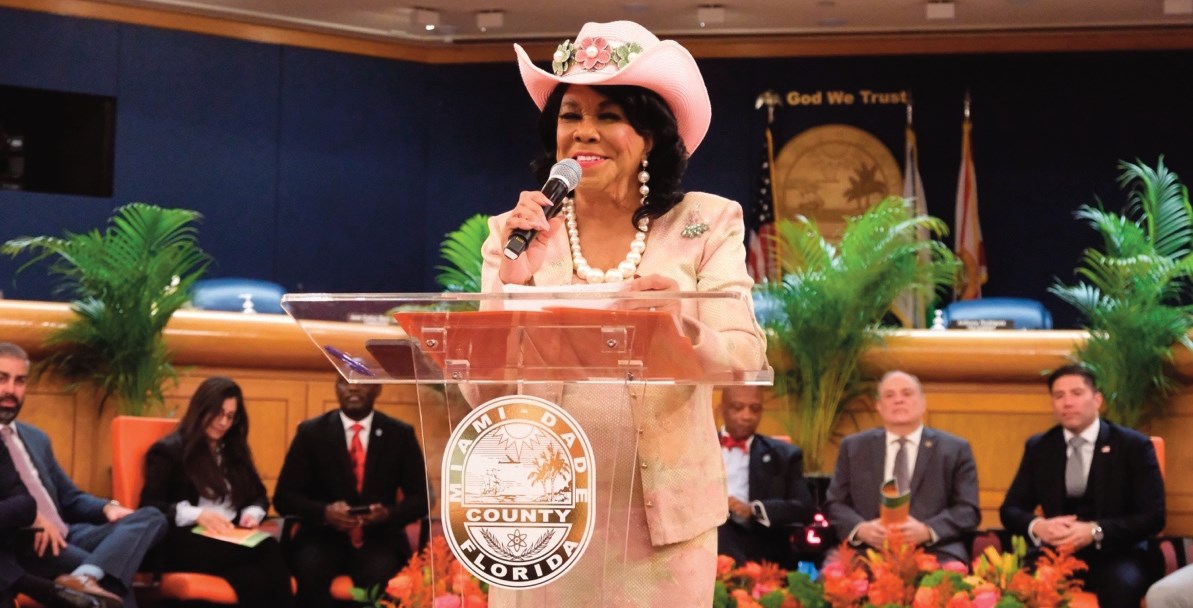



No Comment